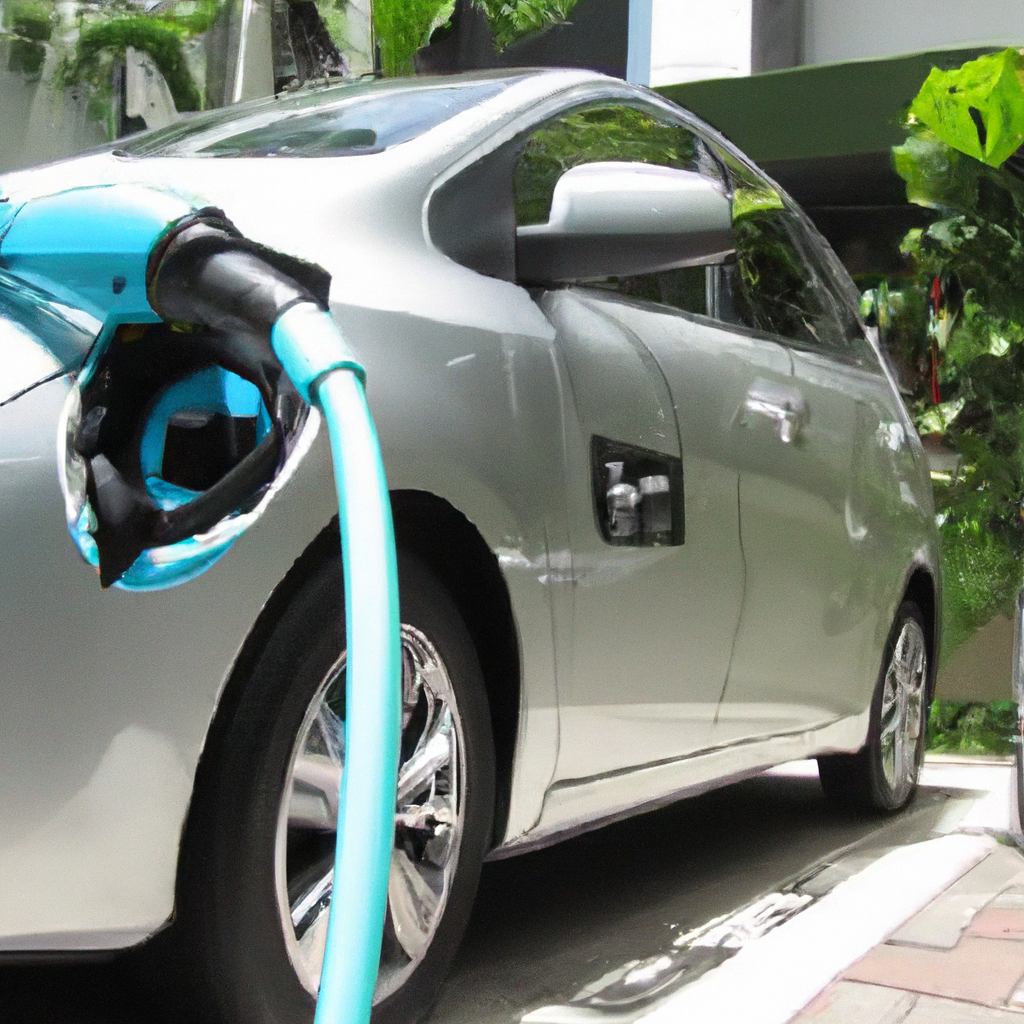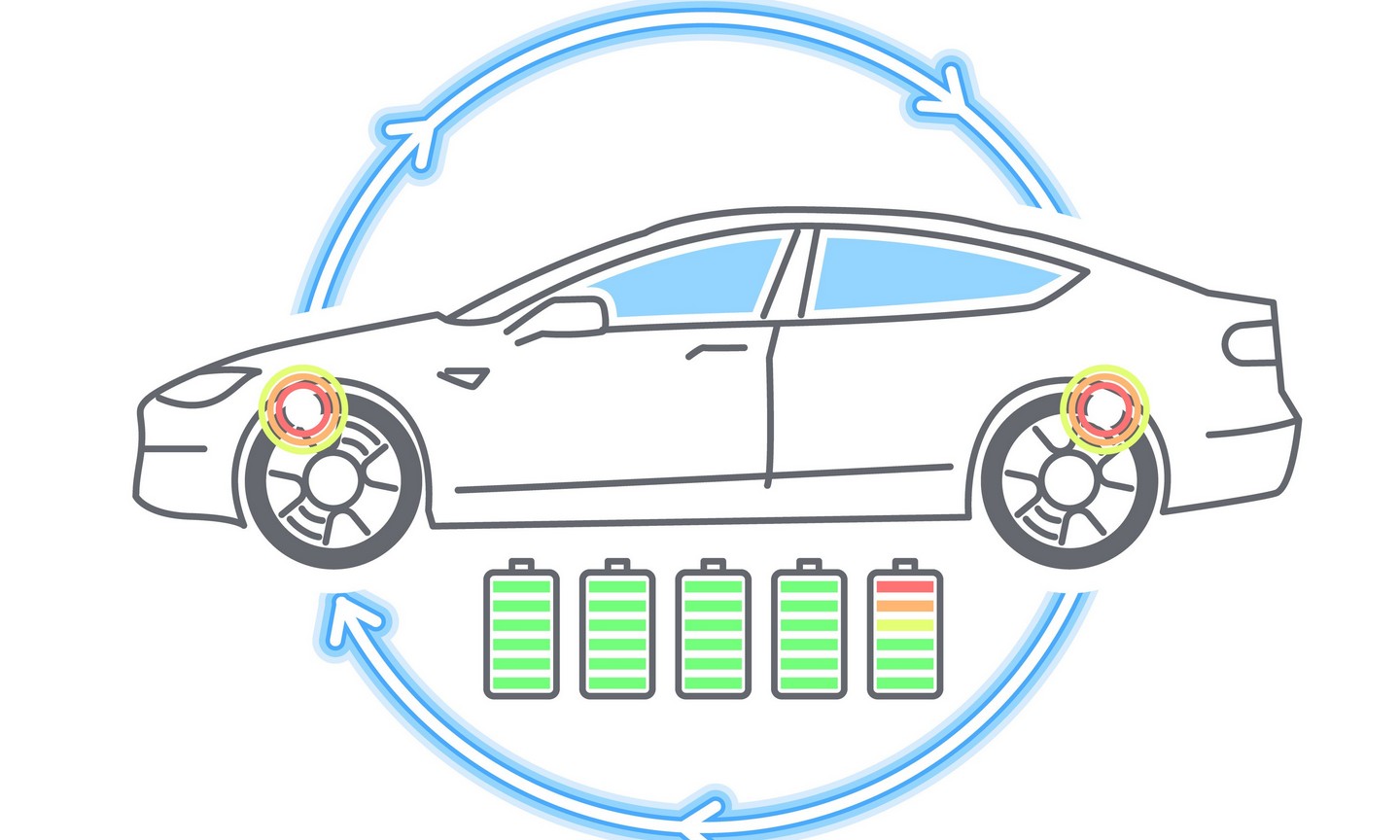How Do I Choose The Right Connector Type For My Electric Vehicle In Malaysia?
October 24, 2023 | by Jacob Kang
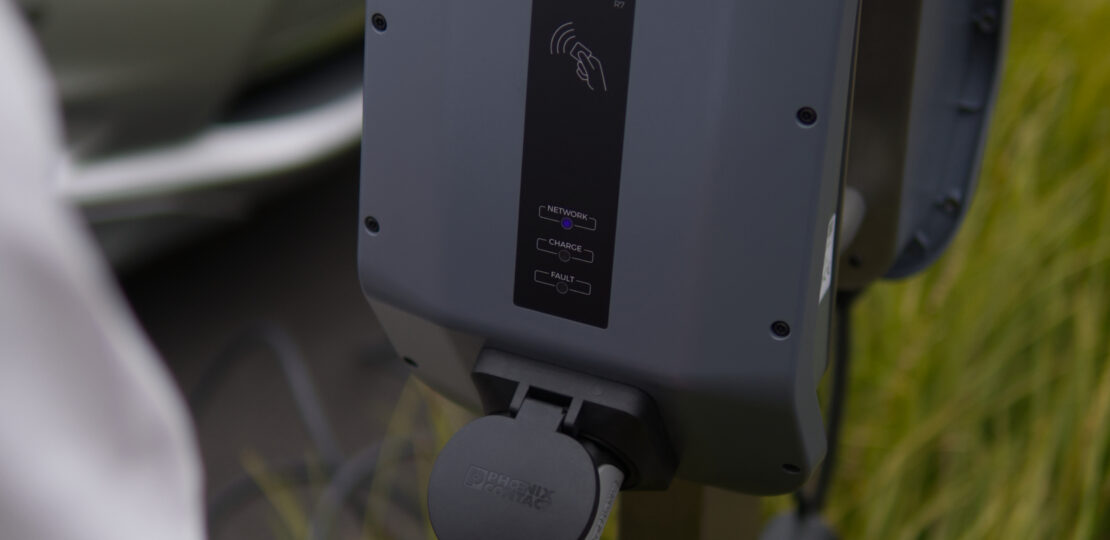
Are you in the market for an electric vehicle in Malaysia? Exciting times lie ahead as you embark on the journey towards sustainable transportation. But with so many options to choose from, how do you go about selecting the right connector type for your electric vehicle? The connector type plays a crucial role in determining the charging speed, convenience, and compatibility with charging stations. In this article, we will explore the factors to consider and the different connector types available, helping you make an informed decision that suits your needs. So fasten your seatbelt, and let’s dive into the world of electric vehicle connectors in Malaysia.
Factors to Consider
Before choosing the right connector type for your electric vehicle (EV) in Malaysia, there are several important factors to consider. These factors can greatly impact your overall charging experience and convenience. Let’s take a closer look at each of them:
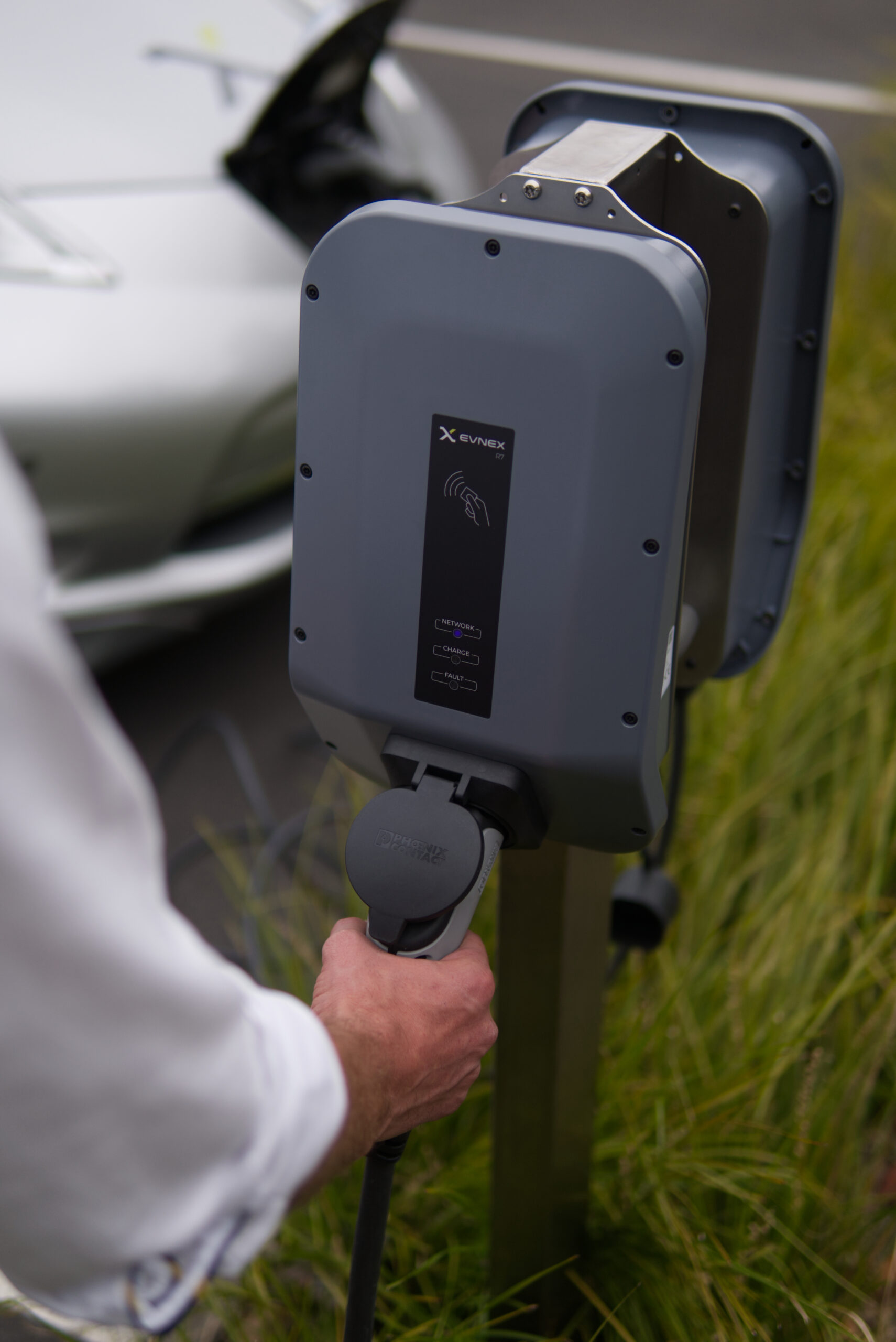
Vehicle Compatibility
The first factor to consider when choosing a connector type for your EV is the compatibility with your vehicle. Different EV models may have different connector types, so it’s important to ensure that the connector you choose is compatible with your vehicle’s charging port. Checking your vehicle’s manual or consulting with the manufacturer can help you determine the appropriate connector type for your specific model.
Charging Speed
Charging speed is another crucial factor to consider. The charging speed of your EV can vary depending on the connector type you choose. Different connectors offer different charging rates, and this can have a significant impact on the time it takes to charge your vehicle. If you are looking for faster charging times, you may want to consider connectors that provide higher charging speeds.
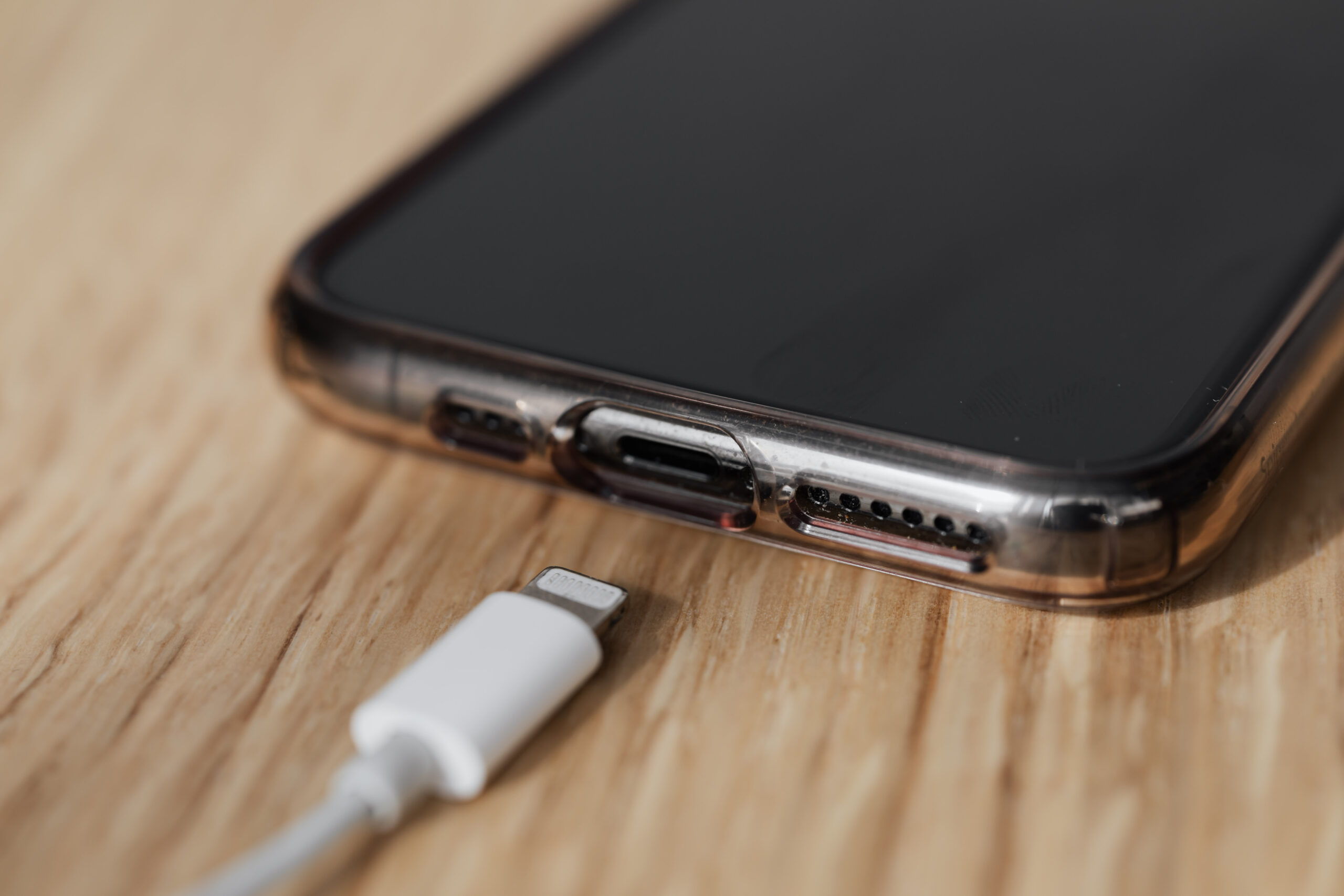
Infrastructure Availability
The availability of charging infrastructure is an important consideration, especially if you plan to charge your EV on the go. Some connector types have more widespread availability than others, and it’s important to ensure that you can easily find charging stations with the connector type you choose. It’s also worth considering the growth and development of charging infrastructure in your area, as this can affect your charging convenience in the long run.
Safety Features
Safety should always be a top priority when it comes to charging your EV. Different connector types offer varying levels of Safety features. It’s important to choose a connector type that meets safety standards and regulations to ensure the protection of both you and your vehicle during the charging process. Look for connectors with features like overcurrent protection, overvoltage protection, and reliable grounding systems.

Cost and Affordability
Cost is another factor to consider when selecting a connector type for your EV. Different connector types may vary in price, and it’s important to choose one that fits within your budget. Additionally, it’s worth considering the cost of installation, maintenance, and any necessary adapters that may be required for your chosen connector type. Factoring in these costs can help you make a more informed decision.
Now that we’ve explored the key factors to consider, let’s take a closer look at some of the commonly available connector types for EVs in Malaysia.
Connector Types
There are several different connector types available for EV charging in Malaysia. Each connector type has its own characteristics, advantages, and disadvantages. Let’s explore some of the most common ones:
Type 1 Connector
The Type 1 connector, also known as the SAE J1772 connector, is one of the early connector types used for EV charging. It features a five-pin configuration and is commonly used in North America and Japan. The Type 1 connector is designed for single-phase AC charging and offers a maximum charging power of 7.4 kW.
Pros:
- Widely adopted in North America and Japan.
- Compatible with many EV models from various manufacturers.
- Relatively easy to find Type 1 charging stations.
Cons:
- Limited charging power compared to some other connector types.
- Not as prevalent in Malaysia compared to other regions.
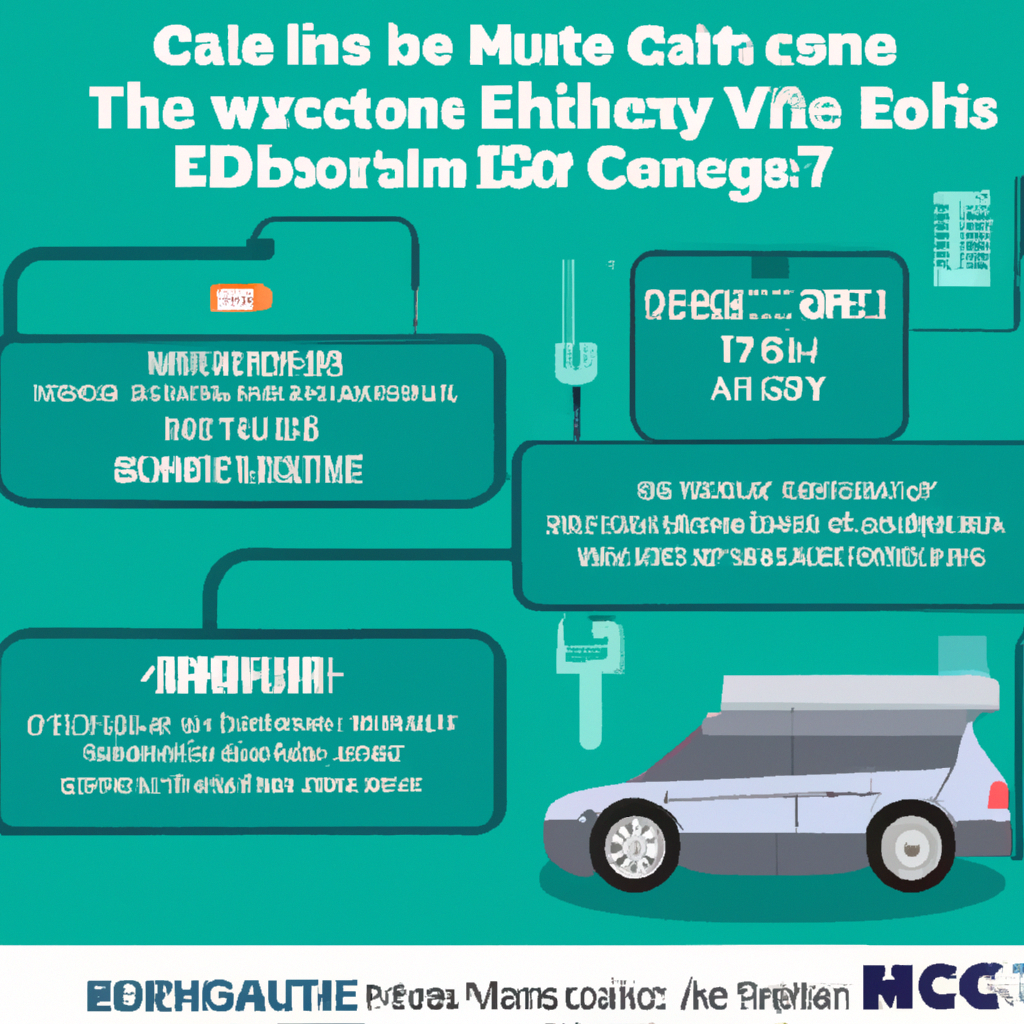
Type 2 Connector
The Type 2 connector, also known as the Mennekes connector, is a widely used connector type in Europe. It features a seven-pin configuration and is designed for single or three-phase AC charging. The Type 2 connector offers a higher maximum charging power compared to the Type 1 connector.
Pros:
- Widely adopted in Europe.
- Supports both single and three-phase charging.
- Compatible with many EV models available in Malaysia.
- Increasing availability of Type 2 charging stations in Malaysia.
Cons:
- May require an adapter for compatibility with some older EV models.
CHAdeMO Connector
The CHAdeMO connector is a popular and widely adopted connector type, especially among Japanese EV manufacturers. It is designed for high-power DC charging and offers faster charging speeds compared to AC charging. The CHAdeMO connector features an eight-pin configuration.
Pros:
- Supports high-power DC charging.
- Enables faster charging compared to AC charging.
- Compatible with CHAdeMO-compatible EV models, including Nissan and Mitsubishi.
Cons:
- Limited availability of CHAdeMO charging stations compared to other connector types.
- May not be compatible with non-CHAdeMO EV models.
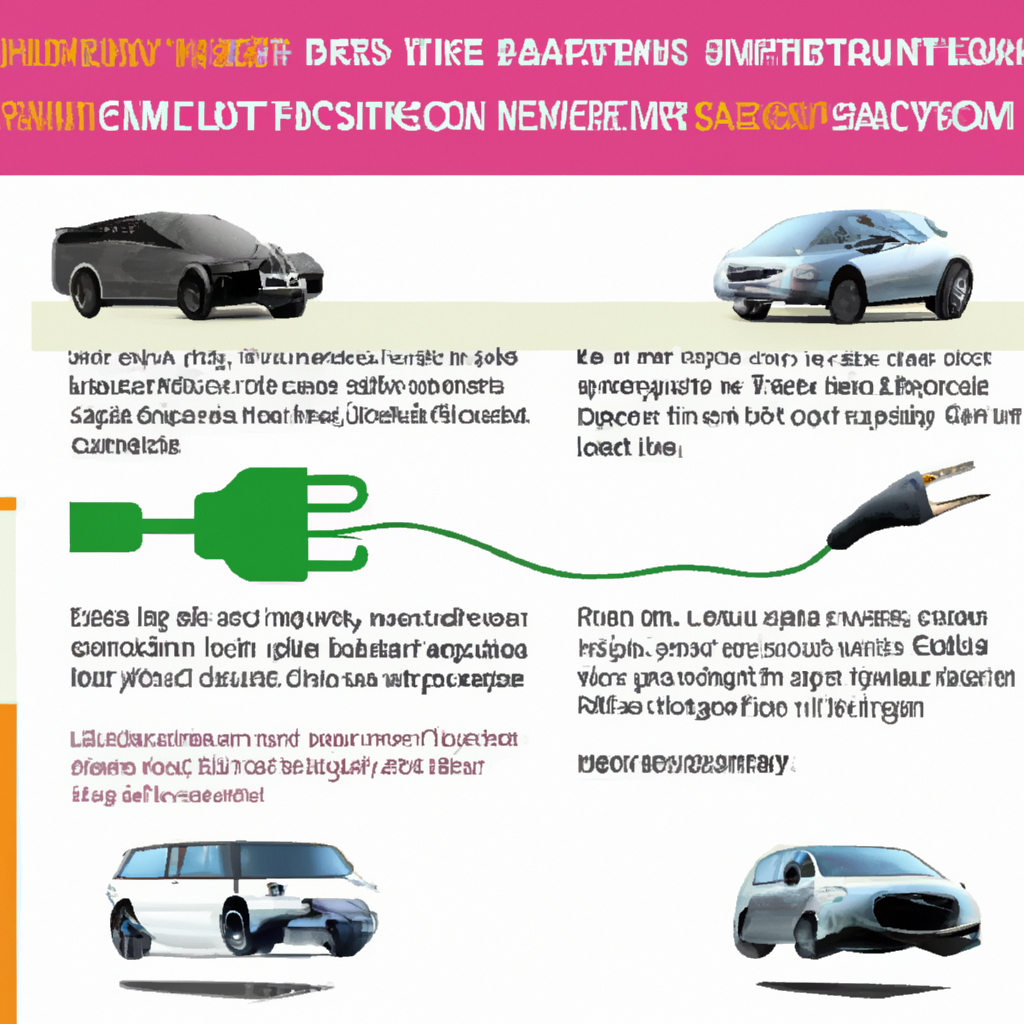
CCS Connector
The Combined Charging System (CCS) connector is a global standard connector that supports both AC and DC charging. It features a combo plug, which incorporates both the Type 1 or Type 2 connector for AC charging and additional pins for DC charging. The CCS connector is becoming increasingly popular and is supported by many EV manufacturers.
Pros:
- Supports both AC and DC charging.
- Increasing availability of CCS charging stations in Malaysia.
- Compatible with CCS-compatible EV models, including BMW, Volkswagen, and Hyundai.
Cons:
- May require an adapter for compatibility with EV models that do not have CCS support.
Tesla Supercharger Connector
The Tesla Supercharger connector is designed specifically for Tesla vehicles. It provides high-speed DC charging for Tesla EVs, allowing for rapid charging times. Tesla has its own network of Supercharger stations, which are strategically located for convenient long-distance travel.
Pros:
- Ultra-fast charging speeds for Tesla vehicles.
- Wide coverage of Supercharger stations for long-distance travel.
- Tesla provides the necessary adapters for compatibility with other connector types.
Cons:
- Limited to Tesla vehicles only.
- Supercharger stations may be less widespread compared to other connector types.
Inductive Charging
Inductive charging, also known as wireless charging, is an emerging technology that eliminates the need for cables and physical connectors. It uses electromagnetic fields to transfer energy between a charging pad on the ground and a receiver on the vehicle. Inductive charging offers convenience and ease of use, but it currently has limited availability and lower charging speeds compared to wired charging.
Pros:
- Convenient and cable-free charging experience.
- No physical wear and tear on connectors.
- Suitable for scenarios where physical connectors are impractical.
Cons:
- Limited availability of inductive charging infrastructure.
- Slower charging speeds compared to wired charging.
Now that we’ve explored the different connector types, let’s summarize their key characteristics in the comparison chart below:
Comparison Chart
| Connector Type | Charging Speed | Availability | Safety Features | Cost |
|---|---|---|---|---|
| Type 1 | Moderate | Limited | Standard | Medium |
| Type 2 | Moderate to High | Increasing | Standard | Medium |
| CHAdeMO | High | Limited | Standard | Medium to High |
| CCS | High | Increasing | Standard | Medium to High |
| Tesla Supercharger | Ultra-fast | Limited | Advanced | High |
| Inductive Charging | Moderate | Limited | Standard | Medium |
Please note that the availability of charging stations for each connector type may vary depending on your location in Malaysia. It’s always advisable to check the charging infrastructure and compatibility with your specific EV model before making a final decision.
Conclusion
Choosing the right connector type for your electric vehicle in Malaysia is an essential decision that can greatly affect your charging experience. Factors such as vehicle compatibility, charging speed, infrastructure availability, safety features, and cost should all be considered. By carefully evaluating these factors and understanding the characteristics of different connector types, you can make an informed decision that best suits your needs and preferences. Remember to consult your vehicle’s manual and consider the recommendations of the manufacturer when selecting the appropriate connector type. With the right connector, you can enjoy efficient, convenient, and safe charging for your electric vehicle in Malaysia.
RELATED POSTS
View all
